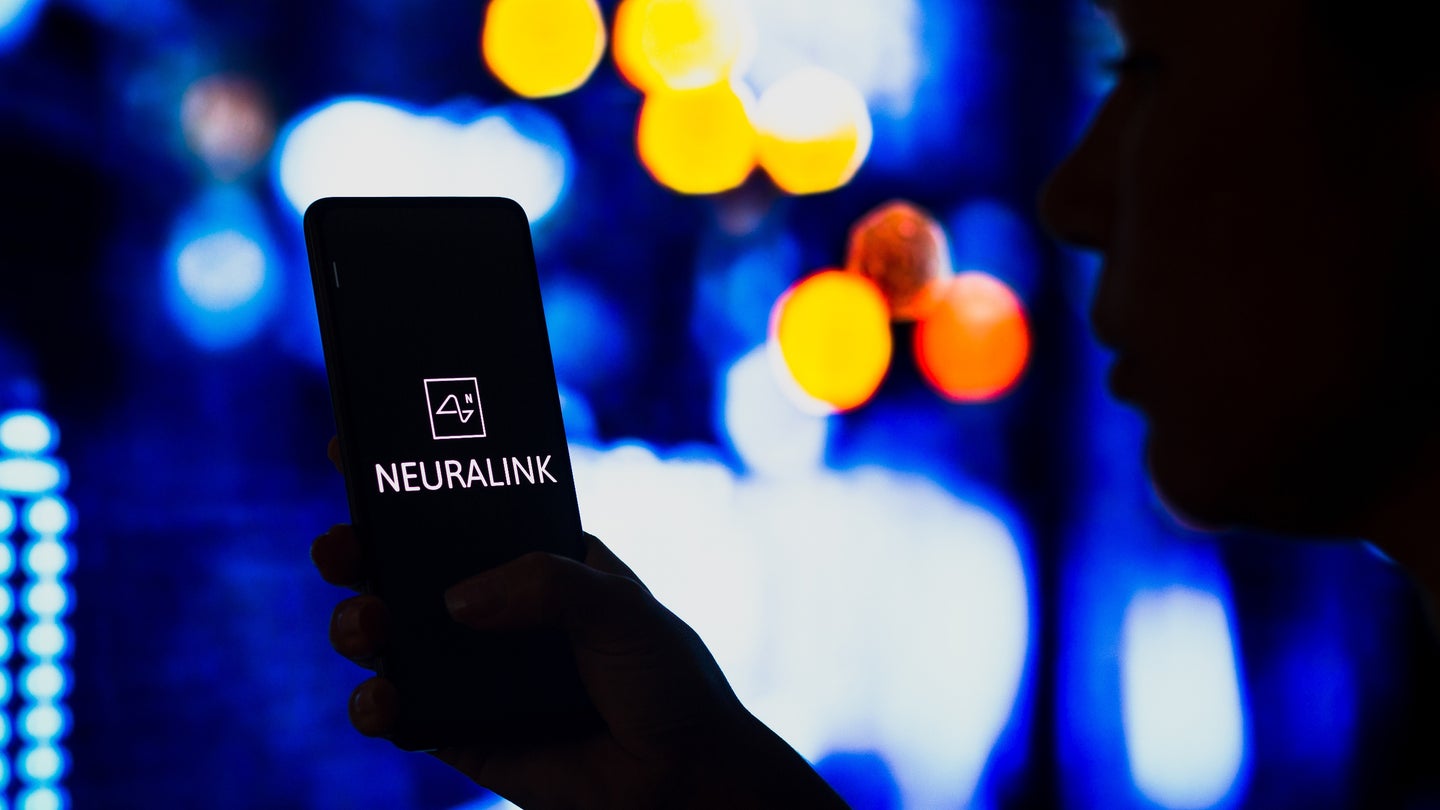Neuralink’s request for human trials of brain implants was reportedly rejected by the FDA
Reuters reports that multiple safety concerns led to the FDA rejecting the application.

Try as he might, Elon Musk can’t seem to deliver on Neuralink’s lofty goals and promises. Since 2019, Musk has claimed multiple times that his brain-computer interface (BCI) tech company was on track to imminently begin human trials. However, a new Reuters investigation has revealed the company only first sought clinical testing approval from the Food and Drug Administration last year, only to be rebuffed over multiple safety worries.
[Related: Elon Musk hopes humans will be testing Neuralink brain implants in the next six months.]
Reuters reports that current and former Neuralink employees recount dozens of concerns cited by the FDA that require addressing before the company’s human clinical testing could ever begin. In particular, sources say the agency flagged safety issues regarding the device’s remote recharging lithium batteries, and required animal study data indicating the power source was “very unlikely” to fail. Speaking with Reuters, brain-implant experts explained that if any part of device connected to a battery source fails, then the current could grievously injure brain tissue.
Additionally, regulators cited concerns over the possibility of Neuralink implant wires accidentally migrating to other regions of the brain, thereby increasing the chances of inflammation, ruptured blood vessels, and brain functionality impairment. The FDA also reportedly wants more evidence that the devices don’t overheat, and can be removed safely without damaging patients’ delicate brain tissue.
[Related: Elon Musk’s Twitter suspends journalists.]
During Neuralink’s November 2022 “show and tell” presentation, Musk publicly stated that “most of our paperwork” had been submitted to the FDA for human trial approval, although he didn’t specify more regarding the process. Because Neuralink is a private company, it is not legally required to publicly disclose its communications with regulators such as the FDA to investors. Because of this, Reuters explains that many precise details about its barriers to human testing remain unclear, as neither Neuralink nor Musk returned requests for comment.
Much like his other ventures, Musk frequently touts sky-high—if often ambiguous—expectations for Neuralink. During last year’s show and tell presentation, he reiterated his aim to create a line of upgradable computer brain implants that could eventually treat medical issues including paralysis, blindness, and hearing loss, as well as provide means for ostensibly telepathic communication and online access. At the time, Musk estimated that human trials could begin within the next six months.
Musk’s roadmap has hit multiple detours in recent months, most notably in a string of controversial reports alleging ethical issues surrounding Neuralink’s animal experimentation. Last year, the multi-company CEO confirmed a number of monkeys died as a result of BCI testing, prompting swift rebukes from activists and medical professionals.
[Related: Brain interfaces aren’t nearly as easy as Elon Musk makes them seem.]
Experts across a variety of fields have repeatedly urged caution alongside tempered expectations regarding Neuralink’s BCI advances, while also reminding consumers that the technology is a lot more complicated than Musk may claim. The FDA’s most recent denial for human trials doesn’t mean Neuralink will never reach that stage of development, but it does temper expectations of when the public may actually see such advancements. Meanwhile, competitors such as Synchron—backed by Bill Gates and Jeff Bezos—are already conducting their own human clinical trials for similar brain-computer implants.
